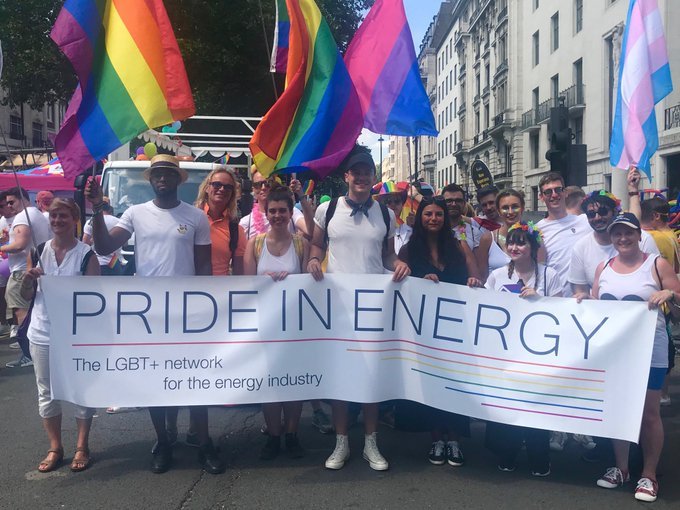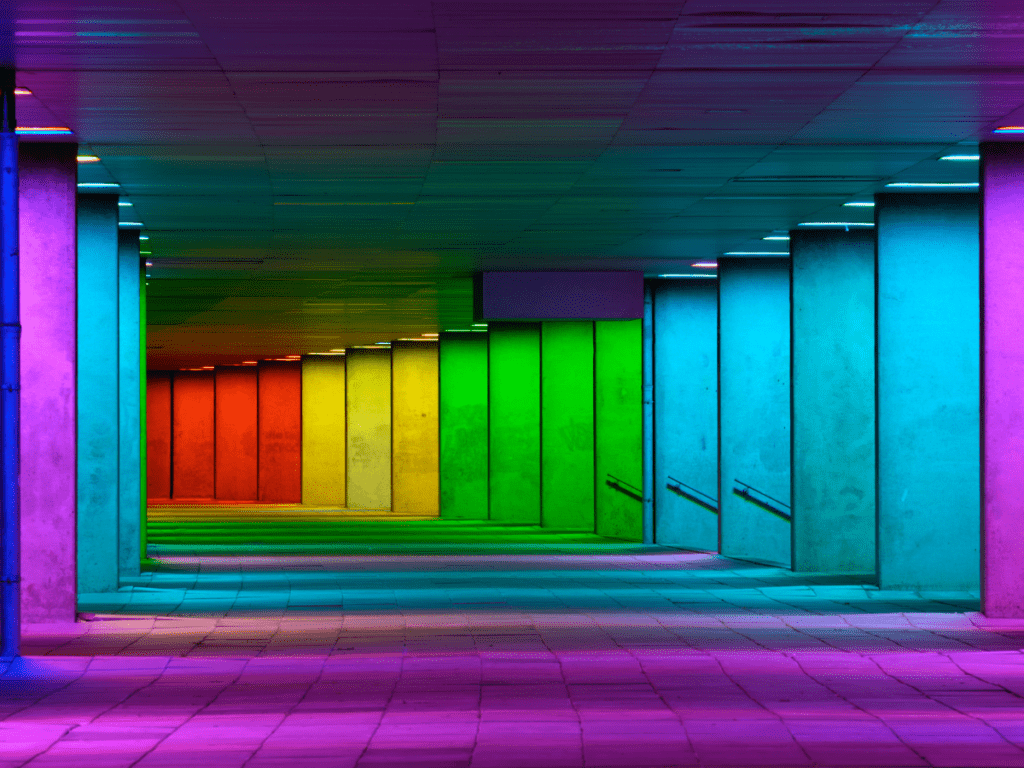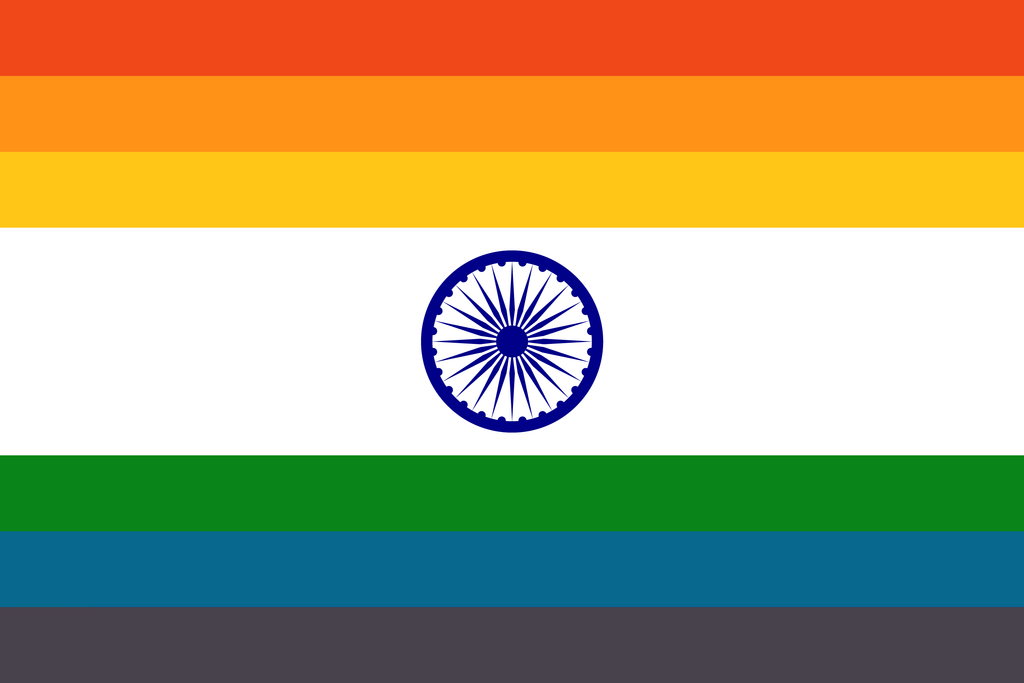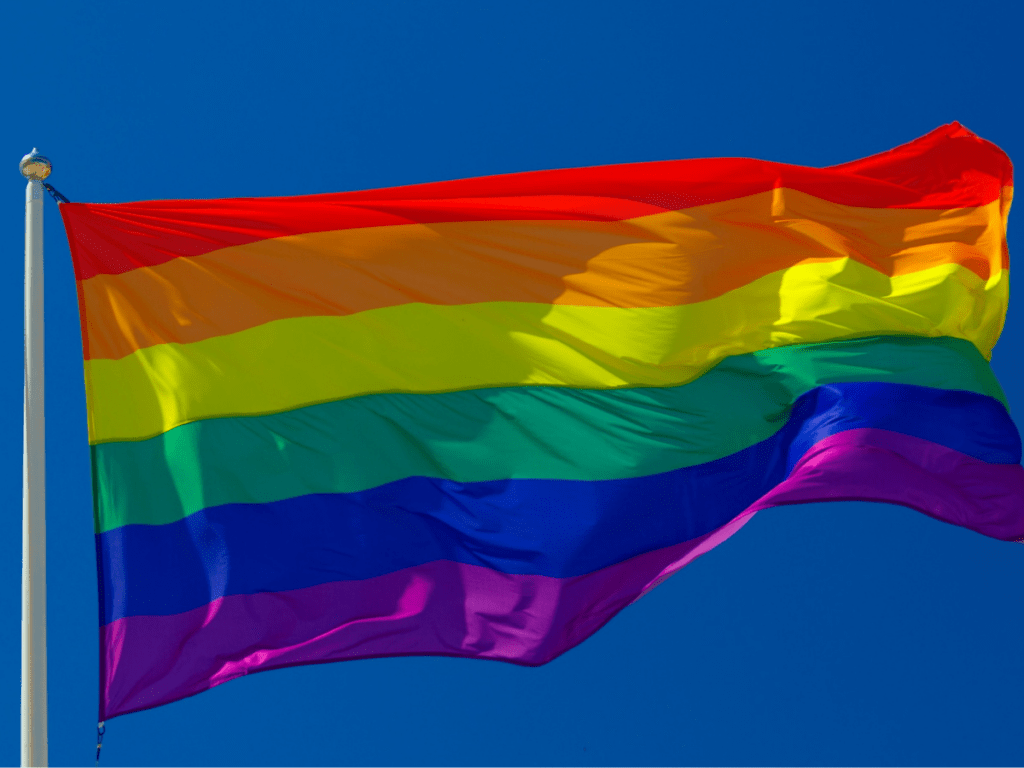In SET’s hometown of Berlin on 22 July 2023, thousands will take to the streets for the annual Christopher Street Day (CSD) march and parade. This joins the global celebrations of Pride happening around the world which give visibility to LGBTQ+ people. Of course, the LGBTQ+ fight for acceptance and representation falls into the broader discussion around diversity. And this affects the energy transition and the energy sector just like anywhere else.
However, according to the UK’s Pride In Energy, one of the few groups we found specifically dedicated to advancing LGBTQ+ visibility in the energy sector, there was a 40% rise in workplace discrimination for LGBTQ+ people in 2022. With this in mind, we decided to take a quick look at the state of LGBTQ+ inclusion in the energy industry.
What we found was a patchwork of approaches. We focussed on countries where a large amount of our audience is and also on countries that actually returned results: the UK, USA, India, Australia and Germany. Of course, this is by no means an exhaustive list.
LGBTQ+ Rights and Business
Over the last few weeks, countries and cities around the world have been celebrating Pride, which commemorate every year the birth of the LGBTQ+ movement in the Stonewall riots of June 1969. In Berlin on 22 July 2023, thousands will take to the streets for the annual CSD march, which is the the German equivalent of Pride.
It is important because, after all, LGBTQ+ people and issues don’t exist in a vacuum but are part of everyday life and experiences. A diverse workforce which is allowed to live its full self in the workplace is not only good on paper, it’s also good for business. By contrast, according to the World Economic Forum, abuse, discrimination and persecution based on sexual orientation and gender identity is estimated to cost the global economy USD100 billion per year.
However, the advancing and visibility of LGBTQ+ rights across the world is, as we know, not uniform. Despite recent landmark rulings for the protection of LGBTQ+ rights, there remain at least 69 countries where homosexuality is criminalized, very few countries legally recognize the identity of trans people and only a handful protect the rights of intersex people. Looking at the workplace, only 77 countries have employment non-discrimination laws that protect the rights of LGBTQ+ workers.
So if the business case is there, and if recognition and protection exists, how is the energy sector and the energy transition including these valuable perspectives? Here’s what we found.

Pride in Energy, UK
One of the biggest and most clearly defined advocacy groups is the UK’s Pride in Energy. The industry-wide network and forum is part of Energy UK, the trade association for the UK energy industry which has over 100 members covering the breadth of the sector. It is also a key part of the TIDE initiative – Tackling Inclusion and Diversity in Energy – which is a cross-industry initiative supported by other UK energy industry bodies.
Despite representing 619,000 jobs, five percent of UK GDP and over two percent of all jobs in the UK, the energy industry had fallen behind other equivalent industries in key workplace indices for representation and diversity, such as the Stonewall Workplace Equality Index. Pride in Energy was one of the answers to this. To help track the industry, the group also conducts an annual survey of members which assesses the state of workplace representation and acceptance. The results of their 2022 survey made for interesting reading, noting a 40% increase in LGBTQ+ discrimination in the energy industry since 2021.
Speaking after the report’s release in 2022, Joshua Atkins, Founder and Chair of Pride in Energy, said: “This year’s research shows significant positive improvement in some areas but a disappointing drop in others. We’re seeing spill-over from a wider societal growth in LGBTQ+ discrimination into the workplace, making it incumbent for all of us as organisations and individuals to make the working environment as inclusive as possible.“
He added: “The sector is facing unprecedented challenges and needs all its employees to be bringing their best to the workplace to deliver for consumer and climate alike.“
According to Energy Live News, David Smith, Chief Executive at the UK’s Energy Networks Association, said in response to the survey’s findings: “Digitalisation, decentralisation, and decarbonisation are the often talked about ‘three Ds’ of the energy transition, but in reality, there is a fourth, diversity. We need new people with new ideas and perspectives to build the networks of the future and stop climate change.“
Although they don’t have a website, you can follow their regularly updated Twitter, here.

Out in Energy, USA
In the US, the professional network for LGBTQ+ individuals working specifically in the sustainable energy industry is Out in Energy. Founded by Zack Strauss and hosted by the Atlantic Council’s Global Energy Center, Out in Energy serves as a community development and visibility incubator for LGBTQ+ professionals working in the energy and climate sectors in the US.
Its goals are to elevate the voices of Out energy and climate leaders, supporting the career development of younger Out professionals, connecting LGBTQ+ jobseekers with companies and government agencies, and creating a space for LGBTQ+ energy and climate professionals to connect.
Of course, discrimination exists across many sectors in the US. But it is especially evident within the energy industry. The International Energy Agency states that women make up only 27 percent of people in the energy industry compared to 47 percent across the sectors.
Speaking to the NC Sustainable Energy Association, Strauss adds: “If you layer sexual orientation and gender identity on top of other marginalized identities, representation for queer women, trans women, or queer women of colour, the picture is bleak to say the least.”

LGBTQ Chamber of Commerce, India
India has made some landmark decisions for LGBTQ+ representation in the last five years. From these groundbreaking national rulings, a small group of business initiatives have sprung up to enshrine and implement these rulings in everyday life. While there isn’t anything specific to the energy industry, one of the most significant was the establishment in 2019 of India’s first LGBTQ+ chamber of commerce.
India’s RWS is the country’s largest advocacy organization dedicated to expanding economic opportunities and advancements for LGBTQ+ people. It is also the exclusive certifying body for LGBTQ+-owned businesses. The chamber joins the Samavesh Chamber of Commerce, located in Thane, north of Mumbai. Together, they work for diversity both from a supplier-side but also within the corporate and business side too. Samavesh also runs individual mentoring and support programmes for freelancers and individual employees. Together, they join an international network of LGBTQ+ entrepreneurs and chambers of commerce worldwide, centred on the National LGBT Chamber of Commerce in the US.
ACON & Clean Energy Council, Australia
In Australia, there is increasing visibility of LGBTQ+ rights across the country’s energy sector. But there isn’t one single advocacy group dedicated to solely to advancing LGBTQ+ rights in the industry. The main driver of inclusion nationally and across all industries is ACON and the group’s Pride Inclusion Programs. Established in 1985 as the AIDS Council of New South Wales, ACON is now Australia’s largest HIV prevention, support and LGBTQ+ health organisation.
Its Pride in Diversity programme is now the national not-for-profit employer support programme for LGBTQ+ inclusion. It established the Australian Workplace Equality Index, which is the national benchmarking instrument to determine the Top Employers for LGBTQ+ people.
And it seems to be working. A 2021 report from Australia’s Clean Energy Council reported that 13% of the clean energy industry’s personnel identified as LGBTQ+. Proportionally speaking, this is a success: across the country, 11% of Australians identify as LGBTQ+.

Charta der Vielfalt and DIHK, Germany
Much of Germany’s LGBTQ+ work is bound together with the European Union’s international promotion and regional advancement of LGBTQ+ rights. These rights are part of the EU’s commitment to global human rights in the UN Charter. The country commemorates this every year with the German Diversity Day on 23 May. The German Chamber of Industry and Commerce (the DIHK) also observes this through its initiative “Diversity – Vielfalt in der IHK-Organisation”.
This is where Germany’s commitment to diversity in the employment space comes in. Enshrined in the Charta der Vielfalt, the Charta is a voluntary corporate initiative to promote diversity in companies and institutions. The office of the German Chancellor supports and runs the programme. While it doesn’t look at LGBTQ+ rights specifically, it includes them in its terms and mandate. A publicly available and searchable online database list all companies and institutions that are signatories. Currently there are 4,800 companies and organisations, with a total of more than 14.9 million employees signed up. The Charta is part of the EU Platform of Diversity Charters, coordinated with the European Commission, with over 14,400 signatories covering 17 million employees.
Outside of this, the Institute for the Diversity and Anti-Discrimination Research and the government-funded Magnus Hirschfeld Federal Foundation for LGBTQ+ rights and research together form two of the country’s leading bodies. They regularly produce white papers and research that informs social and corporate practice, and government legislation and implementation. Specific industry representation and initiatives within the energy sector, however, is lacking.
*
As part of our series on diversity in the energy industry, we wanted to look at the state of LGBTQ+ representation globally. What resulted was actually a patchwork of differing approaches and initiatives around the world – some specifically working on LGBTQ+ issues in the energy industry (for example, the UK with Pride In Energy, and also the USA), while others fell into broader LGBTQ+ advocacy business and entrepreneurial groups (as seen in India). As we found in Germany and Australia however, groups and initiatives were aimed at improving overall diversity and representation in the general workplace without really focusing on energy at all.
However, this is just a snapshot and only shows what we found. We would be really keen on knowing your experiences though. Reach out to us on Twitter or LinkedIn and let us know your thoughts!


